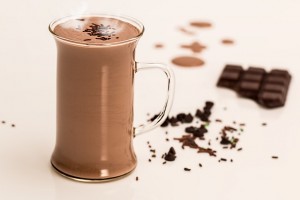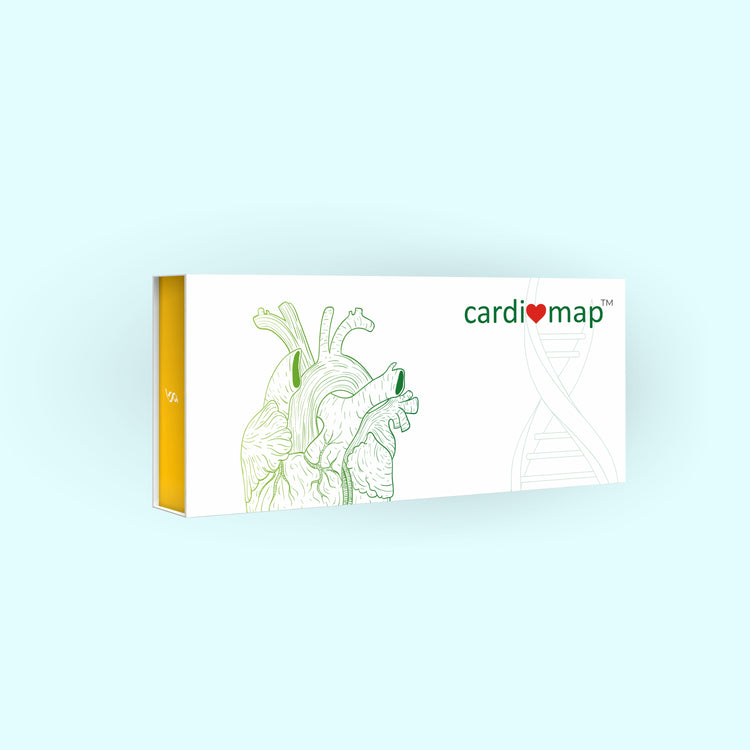Chocolate: the Bitter the Better?
Jan 11, 2016
3596 Views
There is one permanent source of joy that changes your mood, your appetite, helps forgive and fights all your battles in a day – Chocolate does wonders to people of any age!

It was the Maya Indians, an ancient civilization that discovered the delights of cocoa in 600 AD. As the popularity of chocolate grew, so did the number of cocoa growing countries in the world. After entering Europe and UK, it got London Chocolate Houses to be a fashionable meeting place for the elite of the British society – all craving for this luxury beverage. Today, in the 21st century we still see the same craving for Cadbury, Hot chocolate and innumerable choco-delights. But is this craze healthy? Let’s do a quick study on the number of calories in some our favorite goodies …
| Chocolate Filled Food | Calories |
| Starbucks Chocolate Cake | 700 |
| Costa Coffee Marshmallow & Chocolate Cupcake | 570 |
| McDonald’s Milkshake Chocolate | 703 |
| Subway Chocolate Chip Cookie | 218 |
| Krispy Crème Doughnut | 298 |
| Triple Chocolate Muffin | 520 |
| Dairy Milk | 237 |
| Snickers | 511 |
A single bar filled with mouth melting pleasure costs a lot of exercise or guilt? There is a way around it though….even chocolate found one. The harder route to any destination is deemed to be more satisfying at the end. In case of this particular delight, the Bitter – the Better, apparently. The Dark version of the same chocolate has so many health benefits – that it’s literally a sin to not eat one! Read some truly amazing facts about bitter chocolate ….
Bitter chocolate benefits
- Flavanols in dark chocolate contain antioxidant properties that make your entire vascular system more flexible. Researchers at the German Institute of Human Nutrition released a study in 2010 that showed one square of dark chocolate per day reduced the risk of heart attack and stroke by 39%!
- Those flavanols are working overtime again and helping your body manage and process insulin. Nitric oxide is responsible for controlling your insulin sensitivity, and the dark chocolate increase the body’s production of nitric oxide. Diabetic people can eat dark chocolate more often!
- Researchers from the University of Copenhagen found that dark chocolate is far more filling, offering more of a feeling of satiety than its lighter-colored sibling. That is, dark chocolate lessens cravings for sweet, salty, and fatty foods.
- Scientific evidence has shown that when you consume dark chocolate, the flavanols encourage blood flow to the brain. Oxford University researchers found that people over 70 who consumed foods rich in flavanols, such as dark chocolate, had a greater cognitive ability than those who did not consume such foods.
- Emotional eating is not uncommon, and when people are extremely high or devastatingly low, they tend to reach for something sugary and sweet. Stress kicks off extra activity in your cortisol levels; regular consumption of dark chocolate can reduce your stress hormones and keep your metabolic meter in check.
- Scientists at the University of Helsinki in Finland conducted a study which showed that expectant mothers who ate regular amounts of chocolate during their pregnancies were less stressed and more prepared for the demands of motherhood than the women who (sadly) abstained from chocolate. A Finnish study also pointed out that the babies of the chocolate-eating mothers were found to smile more and to generally be happier.
- A growing number of studies are confirming that for this reason cocoa consumption lifts mood and mental function. A study published in the Journal of Psychopharmacology supports the link between improved mood and the intake of cocoa. Researchers evaluated the consumption of chocolate and found it had positive effects on “feel good” brain receptors due to the content of natural chemical compounds in the cocoa.
- Some researchers from Oxford University and Norway looked at dark chocolate’s long-term effects on the brain by studying the diets of more than 2,000 people over age 70. They found that those who consumed flavanol-rich chocolate scored significantly higher on cognitive tests. A University of Nottingham researcher found that drinking cocoa rich in flavanols boosts blood flow to key parts of the brain for up to 3 hours, temporarily improving performance and alertness.
How much chocolate?
Thus, there are benefits to eating some good food. But does that allow one to binge? Here is a note from someone who understood this would happen –
Lead author, Dr Oscar Franco, from the Department of Public Health and Primary Care, mentioned: “Chocolate may be beneficial, but it should be eaten in a moderate way, not in large quantities and not in binges,” he said. “If it is consumed in large quantities, any beneficial effect is going to disappear.”

All things are good in moderation. Excess of any activity can have consequences. Even hard work and no time for relaxation can take a toll on your health. A balance is necessary in every sphere of life. Good health and happiness go hand in hand – finding the appropriate methods for both may help one for a long term. Dark chocolate does help you stay healthy and happy – one must still avoid binge eating of the same to let it retain its exotic balance.
Triple power to your new diet
At Mapmygenome, we can tell you about the diet pattern that works for you. Understanding your appetite, metabolism, fat storage capacity, and other relevant factors can help you make a long-term switch towards a healthy diet. It works like this:
- Our tests analyze your diet and physiology at the DNA level.
- Our genetic counsellors then correlate these findings with health history and recommend action plans for a healthier life.
- Our nutrition counsellors give you personalized diet advice and plans based on your DNA and genetic counsellors’ recommendations.
Choose MyFitGene to move to a healthy lifestyle and do more. Today!


